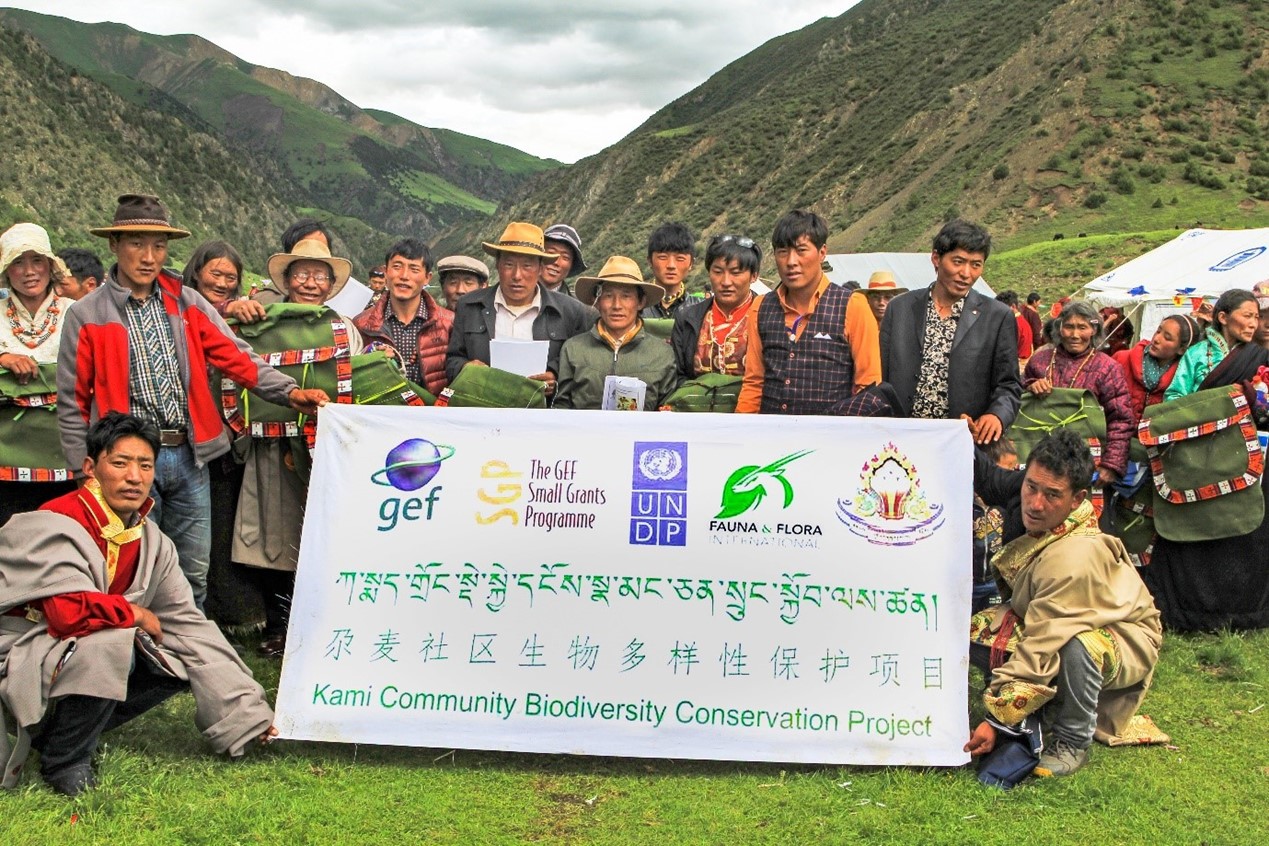Small Grants Programme
Summary
-
The Small Grants Programme (SGP), funded by the Global Environment Facility (GEF) and implemented by the United Nations Development Programme (UNDP), supports community-led initiatives that address global environmental issues. SGP empowers local civil society and community-based organizations, including women, indigenous peoples, youth, and persons with disabilities, through a decentralized delivery mechanism at the country level.
-
As a GEF Corporate Programme, with dedicated GEF resources and co-financing from communities, governments, and other donors, SGP plays an important role in meeting the objectives of the multilateral environment agreements that the GEF serves. SGP also contributes to the Sustainable Development Goals (SDGs) of the Agenda 2030, by ensuring social inclusion and local stakeholder involvement in initiatives that promote multi-sectoral and integrated solutions to environmental challenges.
-
Since its inception in China in July 2009, SGP has supported 149 projects in 26 provinces, autonomous regions and municipalities in China, providing grants totalling US$7.05 million to local NGOs for their projects that conserve biodiversity, address climate change, prevent land degradation, protect international waters and control chemical and waste polllution.
-
UNDP/GEF SGP recently established two new partnerships with The David and Lucile Packard Foundation on marine conservation and Vanke Foundation on ‘zero waste’ community development.

The Small Grants Programme supports community-led initiatives that address global environmental issues
Background
-
Established in 1992, SGP's grant making in over 125 countries promotes community-based innovation, capacity development, and empowerment through sustainable development projects of local civil society organizations with special consideration for indigenous peoples, women, and youth. SGP has supported over 24,000 community-based projects on biodiversity conservation and sustainable use, climate change mitigation and adaption, sustainable land management, conservation of international waters, and chemicals and waste management, while generating sustainable livelihoods.
-
The Global Environment Facility (GEF), established on the eve of the 1992 Rio Earth Summit, is a catalyst for action on the environment — and much more. Through its strategic investments, the GEF works with partners to tackle the planet’s biggest environmental issues. Our funding also helps reduce poverty, strengthen governance and achieve greater equality between women and men. As such, we occupy a unique space in the global partnership for a more sustainable planet.
Major Achievements
-
1,044,785 hectares of biodiversity areas protected
-
700 hectares of degraded land restored or improved
-
134,000 tonnes of CO2 emissions reduced per year
-
1,976 km of coastline and 174 ha of important marine areas protected
-
433,072 households directly benefited
Project Outcomes
The project aims to
-
Raise public awareness of environmental protection
-
Promote communities as protectors of natural resources
-
Promote rural revitalization using ecological conservation as a tool
-
Promote endogenous community development
-
Create an enabling environment for public and community participation in achieving sustainable development goals, and addressing global environmental issues through building partnerships and promoting policy dialogue, while helping China to fulfill global environmental conventions

Since 2009, SGP has provided grants totalling US$7.05 million to local NGOs for projects conserving biodiversity, addressing climate change, preventing land degradation, protecting international waters and controlling chemical and waste polllution
GESI Component
-
All projects received gender mainstreaming training
-
All completed projects were gender sensitive
-
Some completed projects were led by women

 Locations
Locations